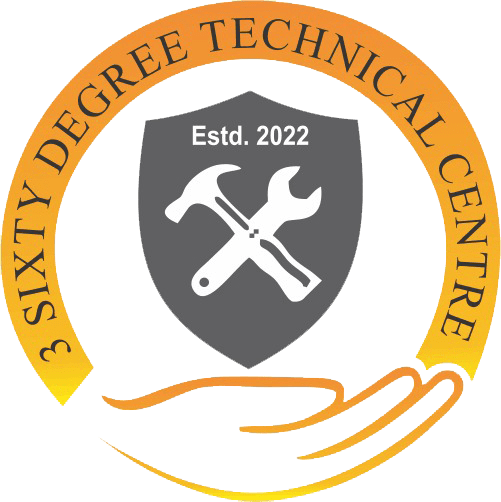Updates:3 Sixty Welcomes all applicants and customers Read More
- 35-36/222, 1st Floor, Khizrabad, NFC, Near Kidney Hospital
- rohit@360tech.in
- Mon _ Sat: 10am to 6pm
The Steel Fixer
- Home
- Steel Fixer
The Steel Fixer
What does a steel fixer do?
Steel fixers use steel bars and mesh in reinforced concrete to strengthen buildings and other big structures. They work closely with engineering designers, steel erectors and other construction workers on high rise buildings, on a variety of construction sites or on other structures
Why Steel Fixators So Popular
Increased construction of residential and commercial buildings, the renovation of existing buildings, the building of infrastructure such as roads and bridges, and high job turnover are some of the reasons why steel fixators are in high demand.
You should be aware of the health and safety protocols and show your compliance at all times. You should be able to reinforce steel bars. You should be able to seal the joints with fitting spacers and welding.
You should have good physical and mental strength as a Steel Fixer. You should be aware of the industry standards and have a detail-oriented approach. Familiarity with various equipment and experience in the construction industry are important.
Steel twinning works on pre-cast concrete plants. They may work at heights, which can be dangerous, and they may be loud and dirty. They work regular hours, but may need to work longer hours to meet deadlines.
Steel fixing uses a variety of tools, including industrial wire or bolt cutter, guillotines, power saws and hand tools. They work with steel rods, bars and mesh structures, as well as concrete, and use welding gear to make steel structures. They use ladders, scaffolding and elevated work platforms when they work at heights.
Steel bars and mesh are placed in order to reinforce concrete structures. They help with concrete preparation and pouring on construction sites, and may also help with other construction work. Candidates with experience in steel fixing and a good working knowledge of construction health and safety issues are good candidates for interviewing. Candidates who lack experience with power tools and who are uncomfortable with heights are not good candidates.

